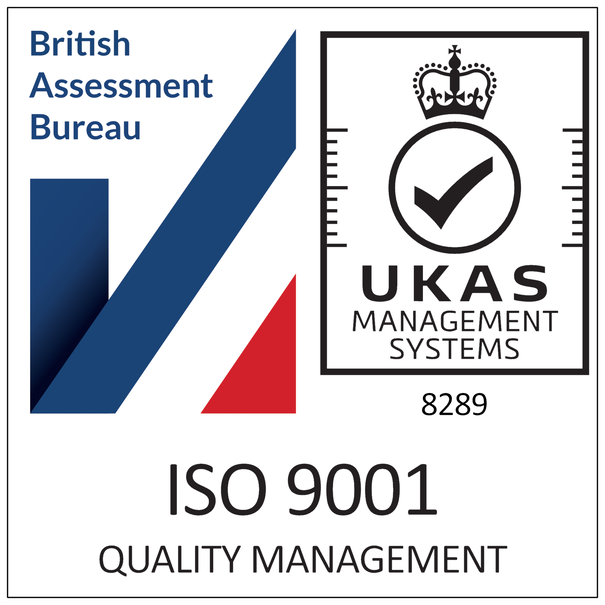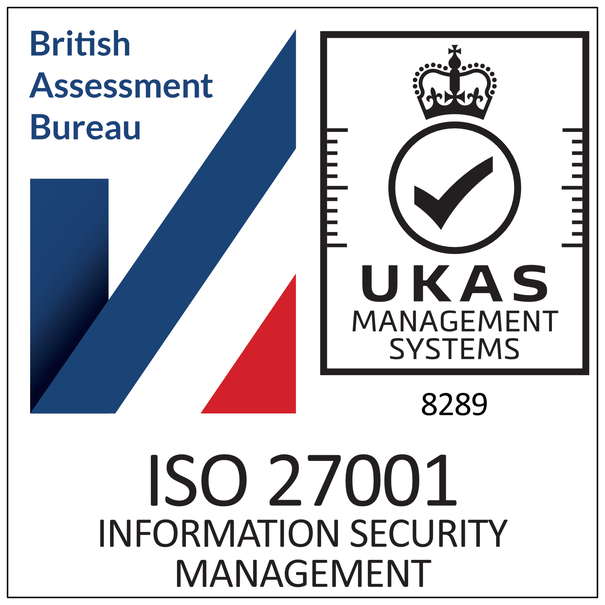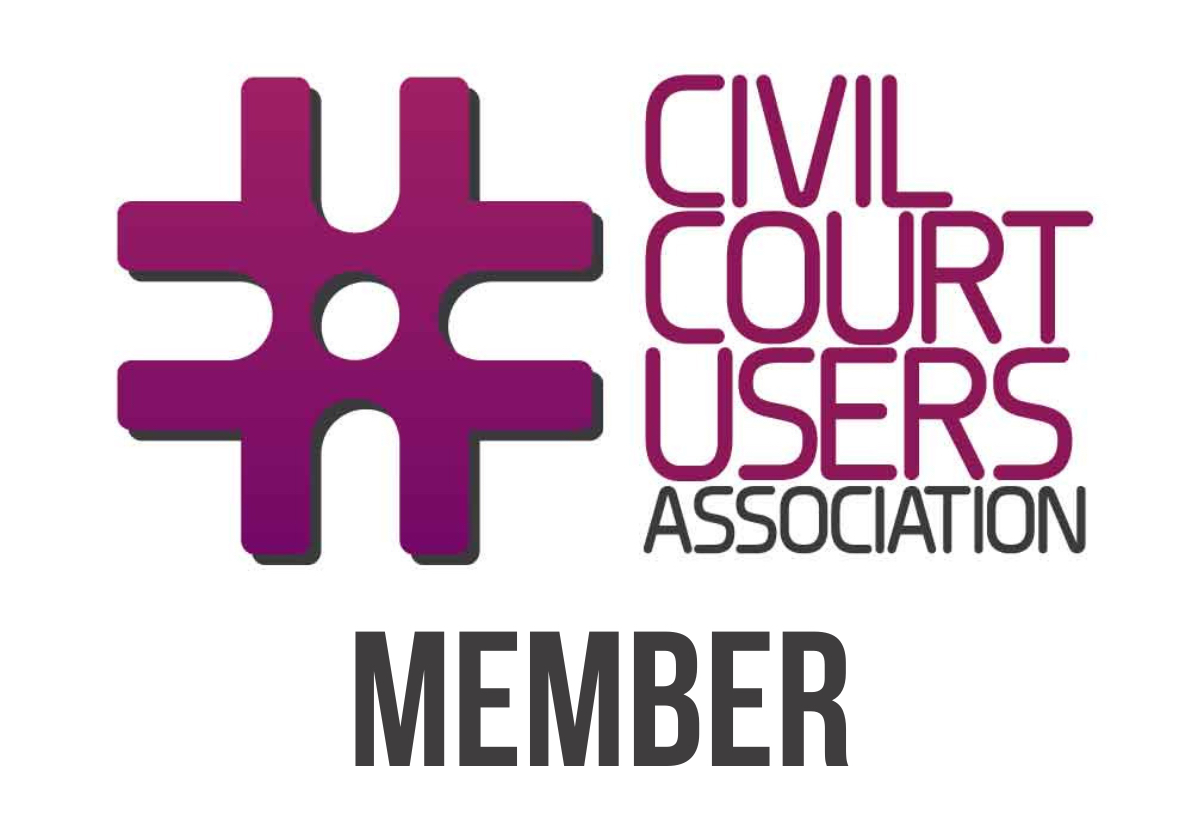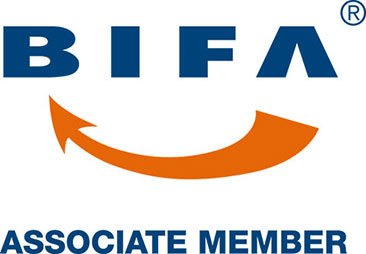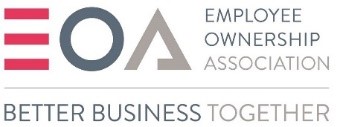
From January 2021 the way UK businesses operate will undergo huge changes.
There is also no doubt that these changes will take some getting used to, especially when it comes to all the paperwork and transactions that many firms have never had to think about previously.
As ever, we will begin by pointing you in the direction of the government’s own Brexit website for the most comprehensive information. With this blog however, we want to give importers and exporters a handy guide to the six most important things you’ll need to make sure you’re on top of, in order to maintain a smooth-running business, post-Brexit.
1: Commodity codes
In May 2020 the UK Government produced guidance on the UK tariffs that will apply to goods imported once the UK Global Tariff comes into effect on 1st January 2021. This new tariff is designed to replace the EU’s Common External Tariff. You will need to use the UK Global Tariff Tool in order to make sure you pay the correct tariff for the goods that you import.
2: Correctly value your goods
This article from the Institute of Chartered Accountants in England and Wales
provides useful information regarding potential customs issues following Brexit. Valuing your goods and the potential duty that will be applicable to them is about to become more complicated; so you need to make sure that you are aware of the nuances.
3: Certification
The European Commission have put together a handy pre-Brexit checklist which contains details about what importers and exporters should be aware of relating to certification.
Certain products, such as medical devices or machinery are required by EU law to be certified by ‘an EU notified body’. From January 2021, this means that products certified by UK-based bodies can no longer be sold within the Single Market. Instead, firms will need to find ways for their certifications to be transferred to an EU body or authority.
4: Export declarations
As we have established, importing and exporting to EU countries will require more paperwork once the transition period ends. In order to make export declarations you will need to register for the National Export System. Once registered you can make export declarations via web, email, XML or Community Systems Providers. Further information can be found here here.
5: Potential changes to data rules
At the time of writing, the possibility of the UK leaving the EU without a deal appears to be high. If this transpires, it is likely that importers and exporters will need to make changes to the way in which data is shared. Although GDPR will still apply, businesses will need to look into alternative mechanisms for the transfer of personal data, including Standard Contractual Clauses when dealing with EU/EEA firms. You can read more here.
6: Make sure you use the Goods Vehicle Movement Service correctly
Admittedly this is a little tricky when the GVMS and Smart Freight System has yet to be finalised! Both are due to go live this month (December 2020), which provides scant time for testing and knowledge building.
The GVMS will be used for goods entering the UK, and mistakes (entering the wrong registration for a lorry, for example) could be very costly indeed; leading to vehicles stranded in Europe and unable to enter the UK. If you don’t already have it, you can register for GVMS here.
We hope you have found this piece useful. Overall, a strong grasp of the component parts of your supply chain is vital. Does each link have the right permits and certification? Are you confident the chain is strong enough to minimise delays caused by increased bureaucracy? Oh, and make extra sure you have and know your EORI number, as this will be needed in virtually all paperwork!
At Controlaccount we can help alleviate the stresses of navigating Brexit as an importer and exporter.
To find out more about how we can help, please call 01527 388 388 or email sales@controlaccount.com





